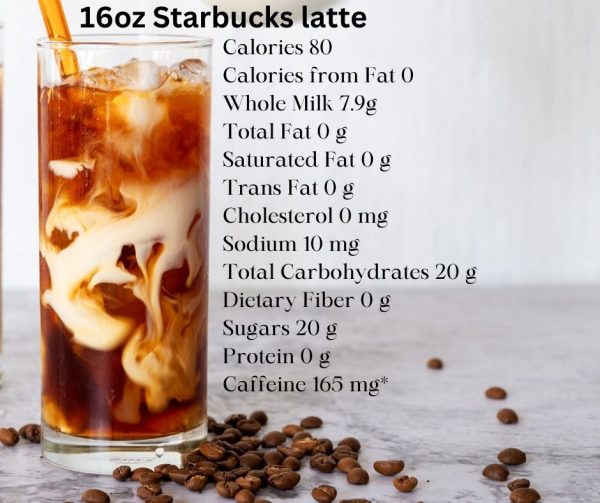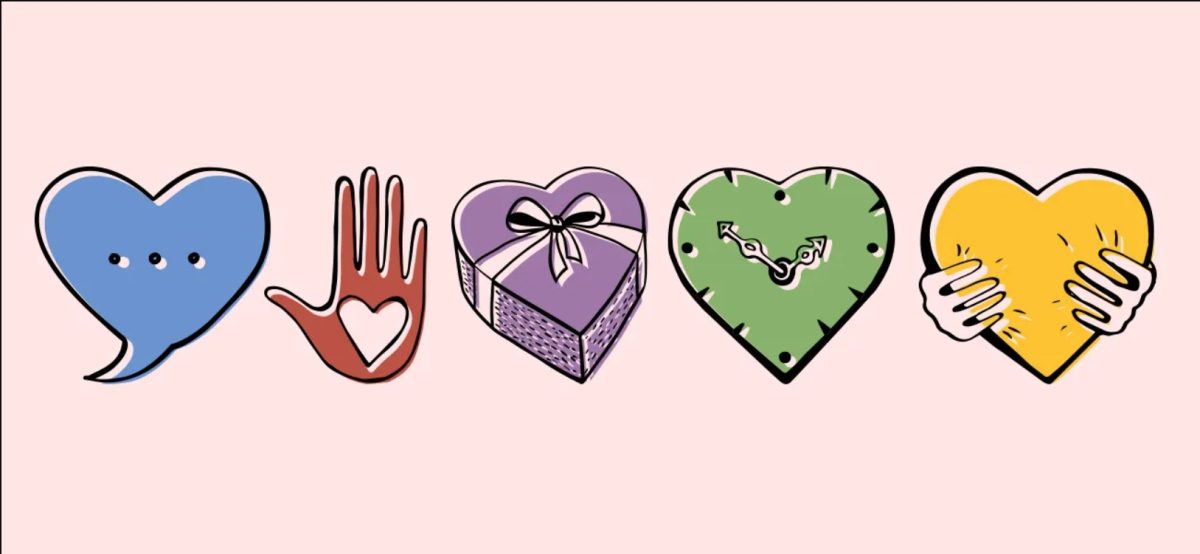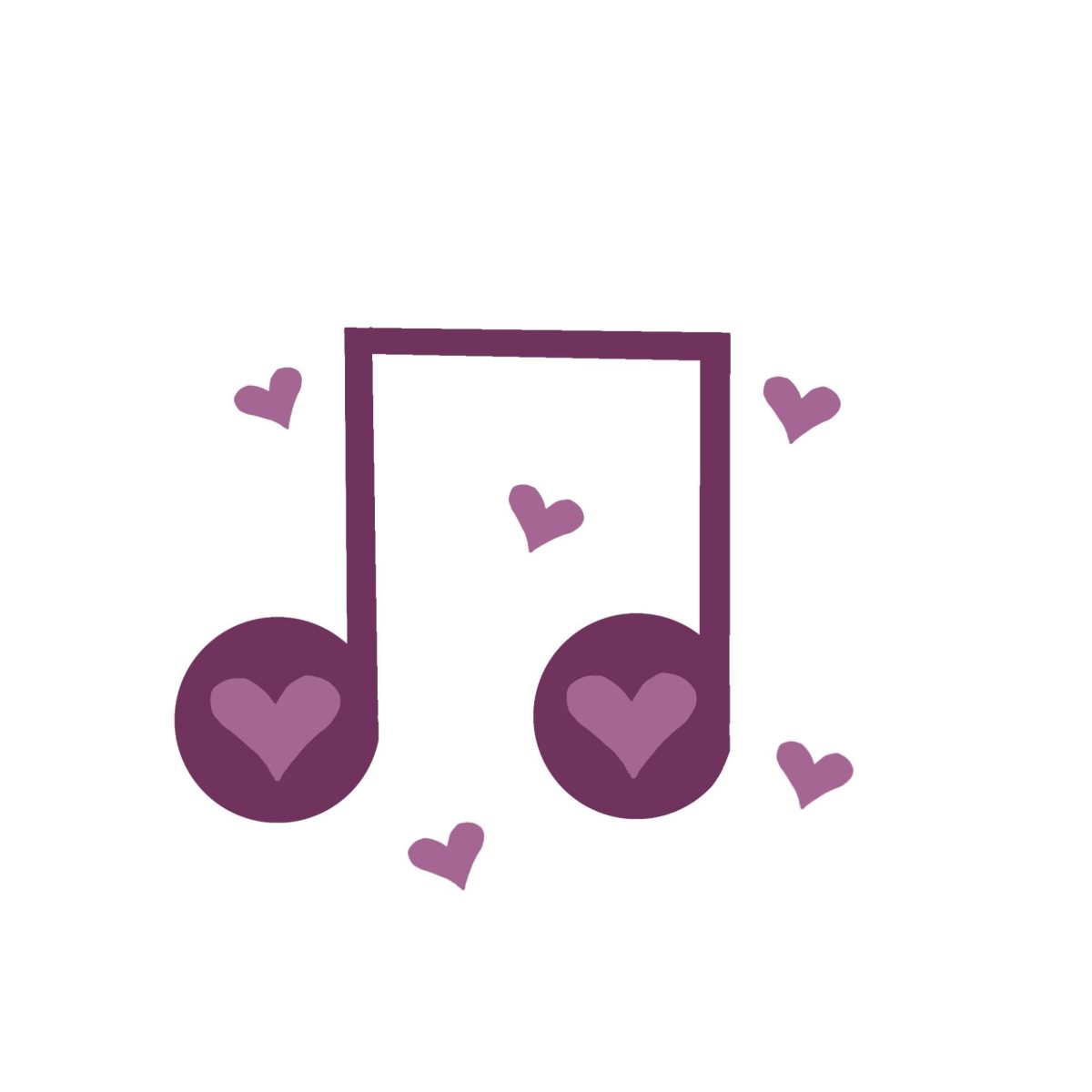Junior Maggie Spencer’s morning does not begin until she is holding a pumpkin spice latte with sweet cream cold foam on top. Senior Dylan Jennings prefers a warm cup of coffee with some added sweetener and sugar. Junior Krish Patel begins his morning with an ice cold white chocolate espresso each morning.
Anyone who watches students walk into the building every morning notices a common denominator: an extraordinary number of students holding coffee cups. But, is this good for them?
Not necessarily…. Especially if the drink contains caffeine.
Medical advisor Doctor Deborah Weatherspoon states “The definition of caffeine is a stimulant and most commonly used drug in the world.”
That first sip feeling with the taste of energy and a chill of cold caffeinated goodness is like no other. Sounds amazing doesn’t it? But, teenagers could be paying a heavy price for the feeling.
According to the Mayo Clinic organization the highest FDA approved caffeine count is approximately 400 milligrams a day for adults, which is equivalent to four eight ounce cups of coffee. However, the safe recommended amount that teenagers should consume is only 100mg. A standard brewed Starbucks medium coffee contains 180-200 mg of caffeine.
“I drink one cup of coffee a day around 11 ounces of coffee that values around 200mg of caffeine,” senior Dylan Jennings said. “I have kept this consistent for a long time and enjoy my morning coffee.”
An excessive amount of caffeine consumed by teenagers can increase the risk of anxiety according to the Food and Drug Administration organization. This might be a shock since many teens turn to coffee for a boost of energy when studying late at night. However, this consumption could cause the anxiety of the test to become increasingly higher.
“If I drink too much coffee, I tend to become very jittery and my heart rate increases along with my anxiety being higher when consuming caffeine,” Spencer said. “But, if I prolong the amount of caffeine I am consuming, I may be slightly less anxious.”
Caffeine releases dopamines in the brain to send shocks and alert the body to wake up and stay high in energy. This boosts students to become more awake and energized for the school day.
“When I wake up in the morning, it is difficult for me to gain energy and be ready for the school day,” junior Krish Patel said. “Once I have a cup of coffee, I am ready to start my day with energy and can excel more in school.”
Is it possible to become addicted to a beverage? 87 percent of North out of 145 students would say they can’t survive finals week of studying without coffee in their system.
Teenagers consume coffee because of the ease of availability and proliferation of sellers. Many shops are located on the way to school. Plainfield offers a variety of coffee drinking opportunities from chain establishments like Starbucks and Dunkin’ to more boutique coffee bars like Ten Drops and Krema Coffee House.
“When I see a chain like Starbucks, and it’s the morning, it reminds me I haven’t had coffee yet, so I may stop and get myself a cup of coffee,” Jennings said. “Starbucks does an amazing job at marketing along with other chains making the consumption of coffee appealing.”
Caffeine drinks are a craze for many teenagers, with 75 percent out of 145 of North students admitting to consuming caffeine on a daily basis.
According to medical advisor Doctor Roy Kim ,“Too much caffeine can take it too far — and teens are particularly sensitive to caffeine’s anxiety-inducing effects, sleep disturbances can decrease tolerance for stress, like handling sad news or stressful situations.”






